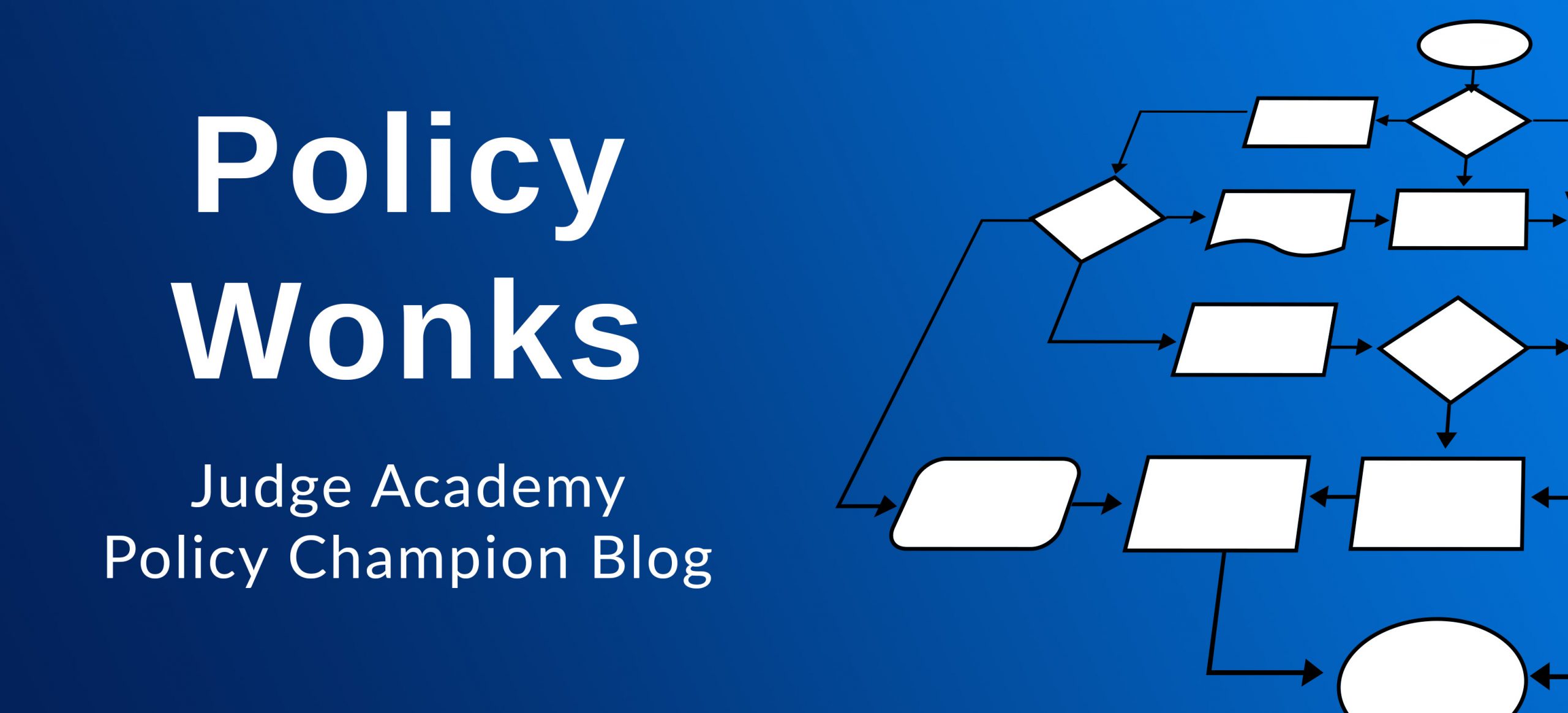
Hello and welcome to our August edition of Policy Wonks! Today we’re going to explore one of the lesser-known infractions in the Infraction Procedure Guide, and look into the origin of the common joke surrounding it. Let’s talk about IPG section 3.7, Communication Policy Violation.
What It Is
First, to talk about CPV, we need to talk about section 4 of the MTR, since it’s directly referenced in the definition of CPV. Most likely, a CPV is going to apply when a player mishandles section 4.1, which governs the different types of information in a game of Magic. The four types are status, free, derived, and private. Of these, the most common are free and derived, as they cover most of the information related to the battlefield and actions taken during players’ turns. In addition to defining the various information types, the MTR also defines player responsibilities with regard to all of this information. For example, a player is not allowed to misrepresent or lie (even by omission) about free information. Players are allowed to not provide their opponent with derived information, but any statements they do make must be truthful. This is often where players will run afoul of the Player Communication Policy, which *might* lead to a Communication Policy Violation infraction.
There is a second part required for an action to merit CPV and that is that the opponent must have made some manner of decision based on the infringing information. This is often where many violations of the Player Communication Policy fail to meet the bar of CPV, as many times the erroneous information will be corrected before the opponent acts on it.
What It Isn’t
CPV is not a catch-all infraction for general confusion in communication. The definition even specifically calls this out. A lot of judges that are newer to Competitive REL policy will find CPV in a lot of situations that do not actually merit any sort of infraction. Communication issues in Magic games are extremely common and it’s not particularly difficult for a player to run afoul of the Player Communication Policy. However, the requirements for CPV are narrow enough that many communication mishaps simply don’t meet its definition. This is why we often use the joke of “It’s Never CPV” as an education tool for judges still learning the IPG; not because it’s literally true but because it’s actually somewhat difficult for a situation to meet the bar for CPV.
An Interesting Example
Here is a situation I ran across recently that really made me think about CPV and I’d like you to percolate on it as well.
You have, among other cards in your hand, a Sea Gate Restoration that is currently backwards in its opaque sleeve, so that Sea Gate, Reborn is showing. By itself, this is not an infraction for multiple reasons. The identity of the card is quite unambiguous and players forget to flip their Modal Double-Faced Cards back to the technically-correct front side all the time. Anyone that has deckchecked a deck with any Pathways in it (such as Blightstep Pathway / Searstep Pathway ) has seen this in action. Asking you to fix this at this point in the game would also be overly punitive, as you cannot easily do so without revealing some information to your opponent. However, let’s say your opponent casts Duress targeting you. You reveal your hand without saying anything, as most players do in this situation. Your opponent, perusing your hand, chooses a Dovin's Veto . On your next turn, you cast Sea Gate Restoration , turning the card back to its front side so your opponent can read it. It’s at this point that your opponent realizes what has happened and calls a judge. What is the infraction (if any), the penalty (if any), and fix (if any)? Take a swing yourself before reading on to my thoughts on the matter.
***
This situation is very interesting to me because it involves several common, easy-to-make, unintentional errors and yet doesn’t come up very much. I suppose that’s only because the spell-land MDFCs are not super-widely played in many paper formats these days (this error is impossible to make on Arena since it handles the card-facing problem automatically). When I look at this situation, the closest match I find to what has happened is, indeed, in the Player Communication Policy:
“All players are entitled access [to free information] without contamination or omissions made by their opponents.” “Free information consists of … the name of any visible object.”
Taken together, my interpretation of the situation is that you have, likely unintentionally, omitted the name of a visible object. This constitutes a breach of the Player Communication Policy. Since your opponent is calling a judge, it is very likely that their decision with the Duress would have changed had they realized that Sea Gate, Reborn was actually an Instant spell that they could choose. To me, this appears to fit the definition of CPV, which would earn you a Warning. Depending on how many other actions took place between then and now, the judge could choose to back the game up to the Duress choice.
Do you think that situation is a CPV? Do you have other potential CPV scenarios you’ve seen at events you’ve worked? Continue the conversation on the Judge Academy Discord server!
If you’d like to contact me, you can find me on the Judge Academy Discord server or by email to daniel@judgeacademy.com



